Category Archives for "Intention-Manifestation"
Pure intention and visualization tips and techniques for successful manifestations!
Pure intention and visualization tips and techniques for successful manifestations!

Take the money mindset quiz that I have embedded in this post, to find out if you have beliefs that align with financial abundance.
Your mindset is made up of beliefs. A rich money mindset is made up of positive beliefs that support your ability to attract financial abundance while a poor mindset is made up of limiting beliefs that hold you back. It is likely that you have some positive beliefs and some that are limiting. An abundance or rich money mindset is when your positive beliefs outweigh your limiting ones. The opposite is true for a poverty or scarcity mindset. Continue reading
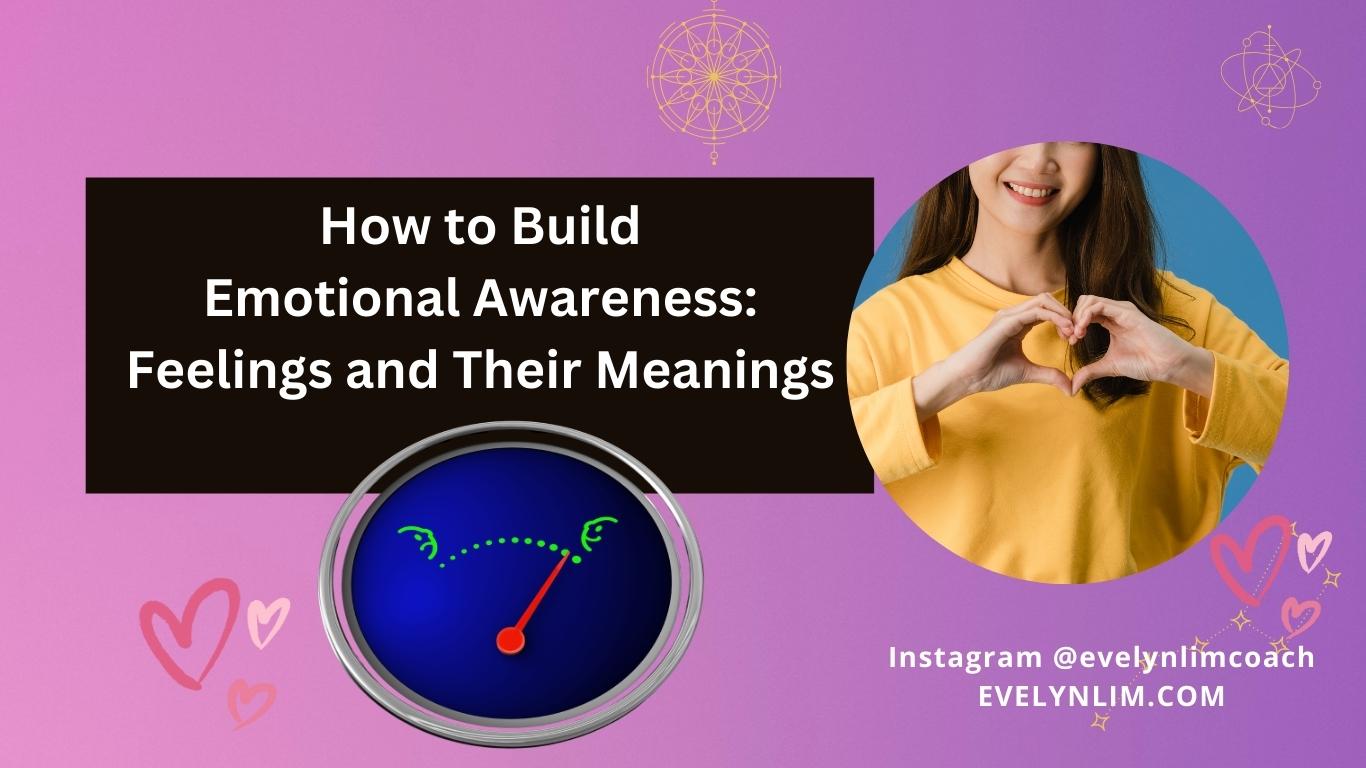
Building emotional awareness requires us to be in touch with our feelings, and not avoid them. When it comes to negative emotions, no one likes to be in pain and so there is a tendency to push our feelings down. Our avoidance could also be that we don’t like being seen as “emo” on the assumption that we need to appear strong. However, when we are in the habit of suppressing our emotions for too long, a host of problems can occur; ranging from depression and anxiety to substance abuse.
After realising about the importance of getting to know ourselves, we may encounter problems with accessing our emotions at first. It was certainly what happened to me. For a start at one stage, I was not able to distinguish and to identify what I was feeling. In fact, I had to ask for help.
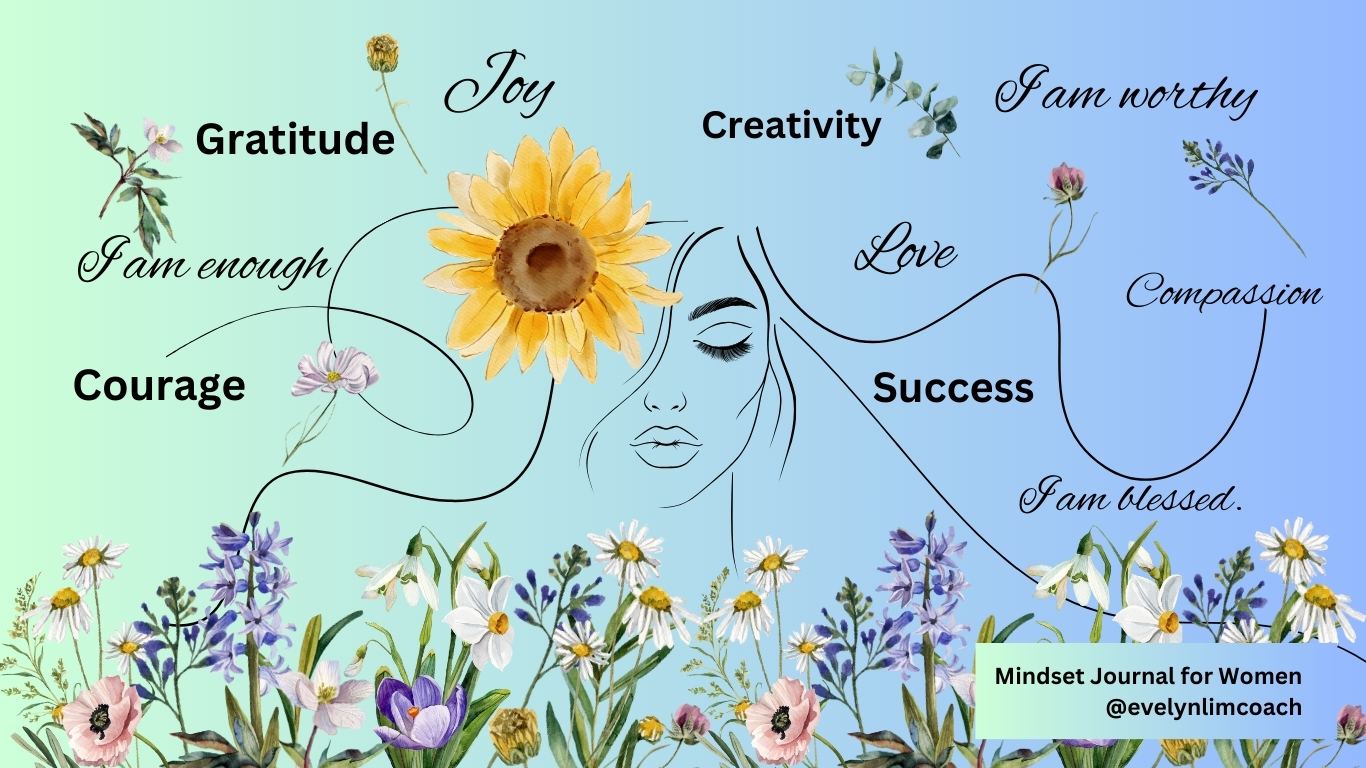
The mindset that you hold affects your mental health.
Your mindset is a collection of thoughts that shape your view of the world. It comprises of the stories you tell yourself and about life. The more you believe in the stories you tell yourself, the more they affect you in how you react and act. They determine the quality of your life and the level of happiness.
If you are overly anxious or you often feel down such that you feel depressed, your mental health is not at its best. It can point to having a mindset that is not strong or healthy. Your thoughts determine how you feel and they affect your actions and the reality you are in. Rather than hold on to an unhealthy mindset, think about how would life change for you if you can make a shift.
The mindset that you hold affects your mental health.
Your mindset is a collection of thoughts that shape your view of the world. It comprises of the stories you tell yourself and about life. The more you believe in the stories you tell yourself, the more they affect you in how you react and act. They determine the quality of your life and the level of happiness.
If you are overly anxious or you often feel down such that you feel depressed, your mental health is not at its best. It can point to having a mindset that is not strong or healthy. Your thoughts determine how you feel and they affect your actions and the reality you are in. Rather than hold on to an unhealthy mindset, think about how would life change for you if you can make a shift.
The mindset that you hold affects your mental health.
Your mindset is a collection of thoughts that shape your view of the world. It comprises of the stories you tell yourself and about life. The more you believe in the stories you tell yourself, the more they affect you in how you react and act. They determine the quality of your life and the level of happiness.
If you are overly anxious or you often feel down such that you feel depressed, your mental health is not at its best. It can point to having a mindset that is not strong or healthy. Your thoughts determine how you feel and they affect your actions and the reality you are in. Rather than hold on to an unhealthy mindset, think about how would life change for you if you can make a shift.
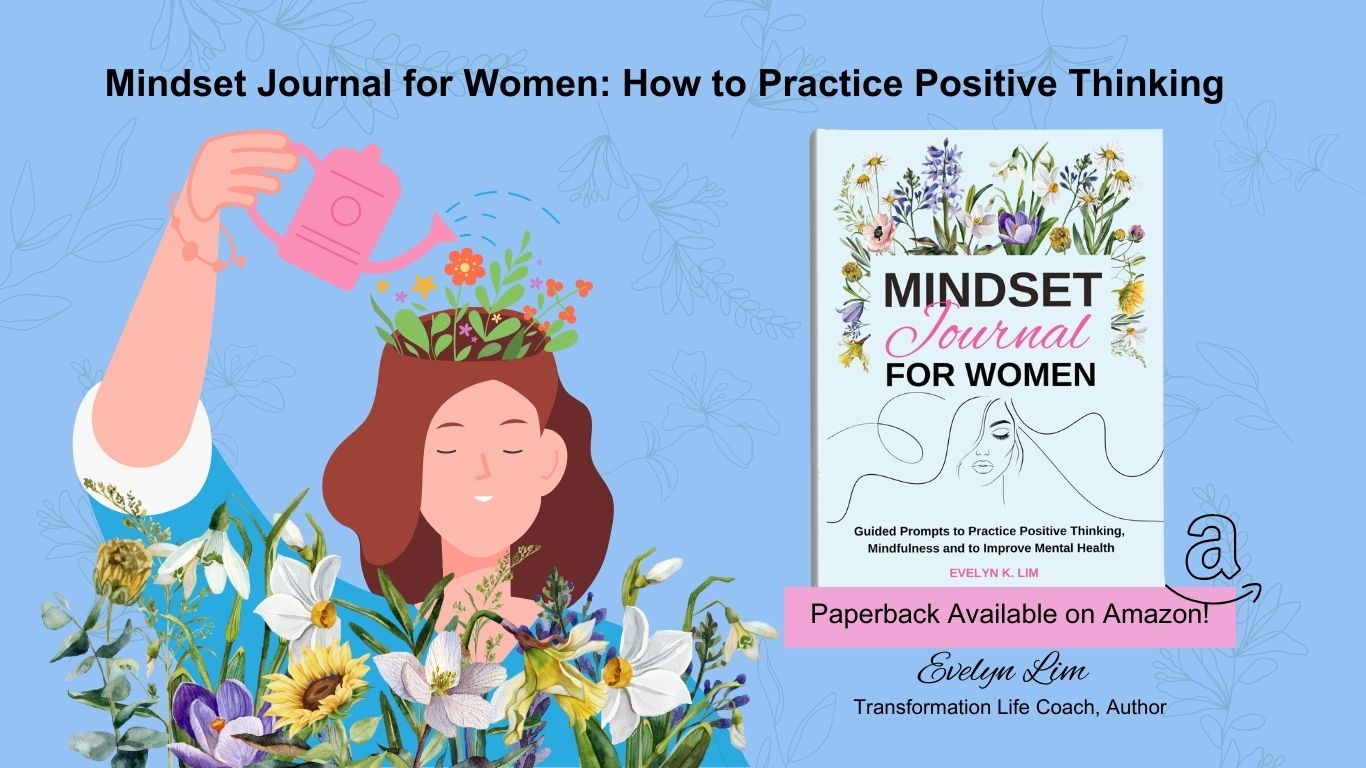
My new book, Mindset Journal for Women, is finally out on Amazon…yay!! It is a journal workbook with prompts to practice positive thinking, mindfulness and to improve mental health. You can find the listing on Amazon here.
For the vast majority of people, nearly 90% of our self-talk is negative. It is reflective of having a negative or limiting mindset. In order to overcome the habitual pattern of negative thinking, we need to consistently work on building a positive mindset. Also, studies show that more women than men go into depression. It is where the Mindset Journal for Women comes in.
The journal book uses the metaphor of your mind being a garden and you as the gardener.
The floral theme in the interior pages acts as a nice reminder and inspiration. Imagine each page as a fertile patch of soil, ready for your seeds of inspiration to take root. With its floral theme, every turn invites you to immerse yourself in planting seeds of positivity.
It’s not just daily pages that I have included. I have also incorporated a mini workbook planner in Section A so that you can be introduced to concepts that would be helpful for building foundation. There are guided prompts designed to spark growth, foster gratitude, and to practice mindfulness. Section B features daily, weekly and monthly journal pages that are helpful for habit tracking, reflection and for reviews.
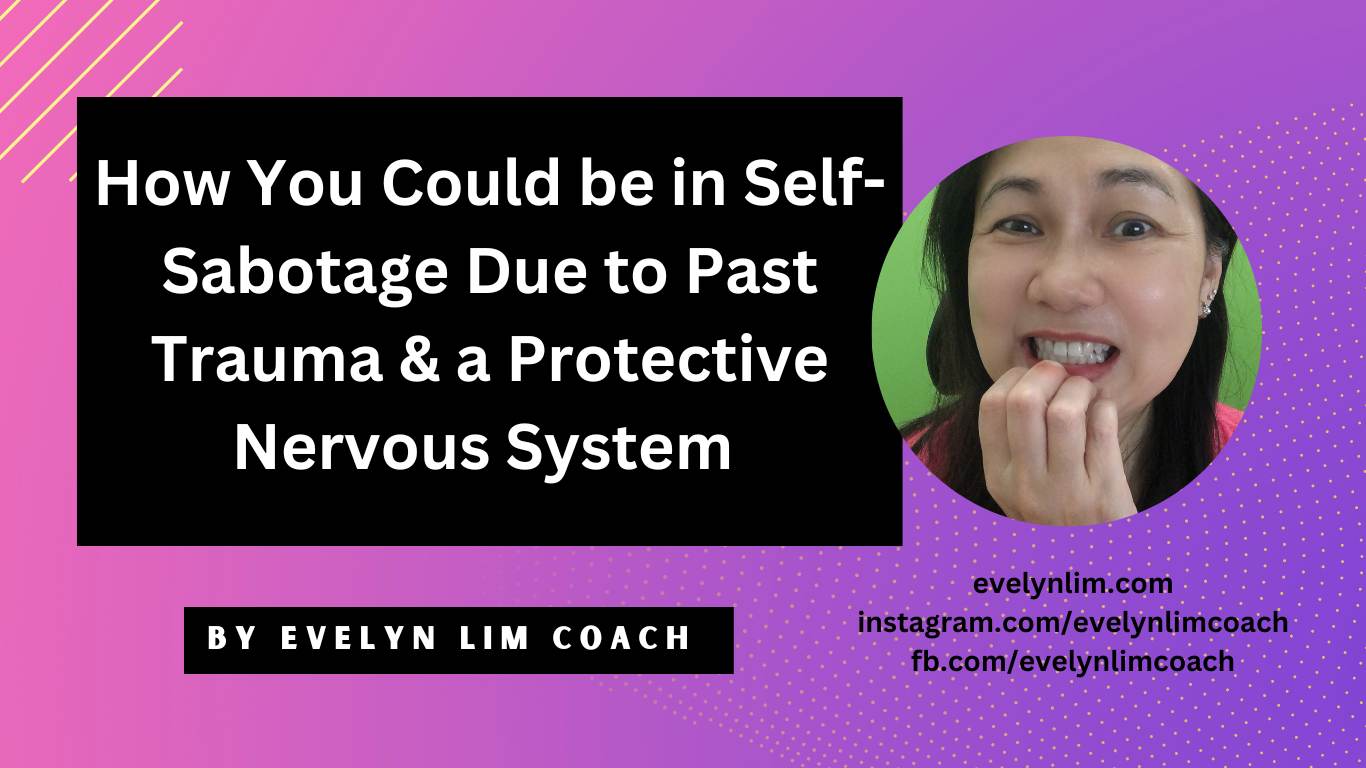
Self-sabotage happens when you are in your own way of your overall happiness and success. You are either doing or not doing something that blocks achieving your goals. For example, despite wanting to have a loving relationship with your partner, you undertake actions that block connection or intimacy.
So here’s what I discovered about how we could be sabotaging our present due to the past…
Even though the past traumatic experience is now over, our nervous system continues to use the encoded information that is from the distressing memory to disrupt us today.
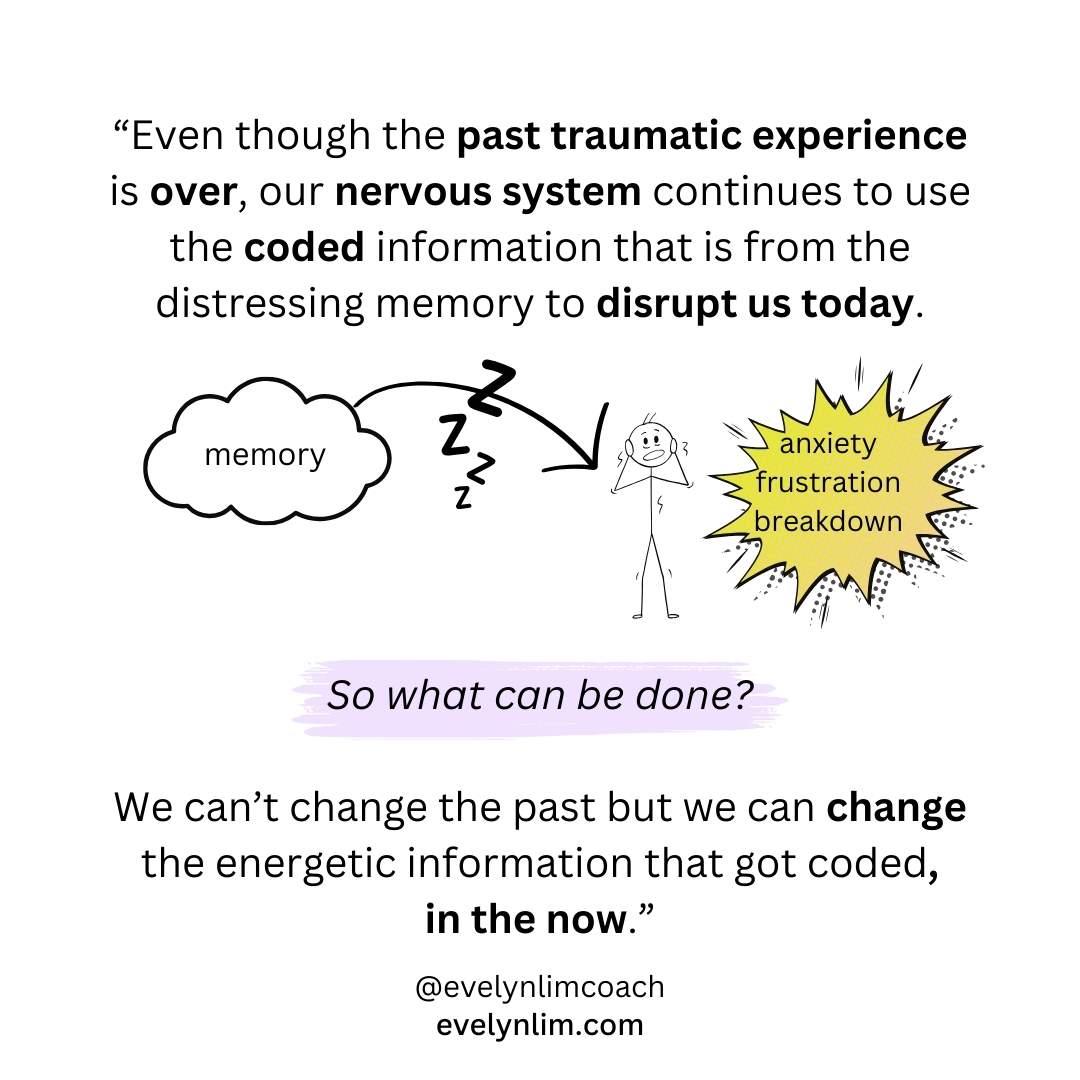
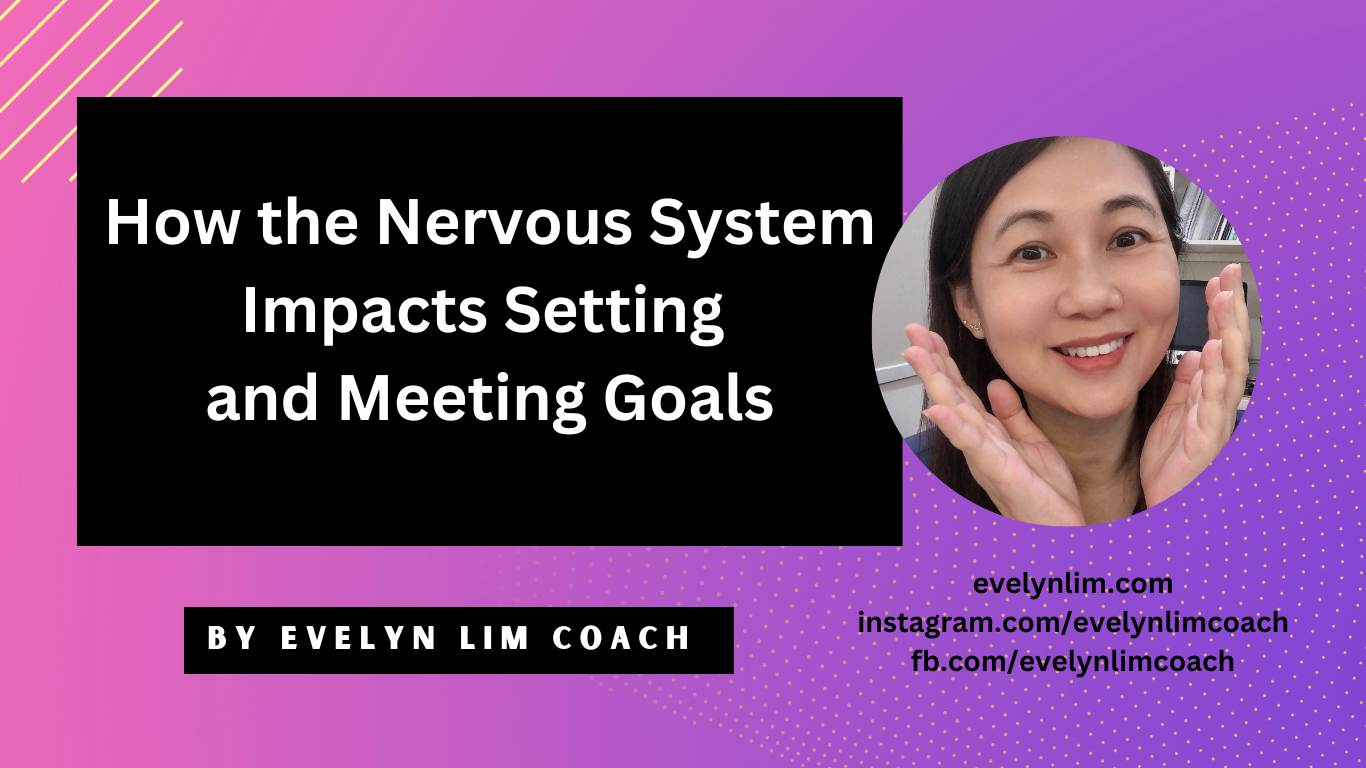
You are all ready to start the new year with a new set of goals.
Perhaps you are thinking that this year is going to be different.
It will be the year where you manage to break new ground, step up or scale your business.
You are more determined than ever to meet your goals.
Well, to increase your chances of success, an understanding about your nervous system is going to help.
In fact, if you have not made much headway in previous years, this could be the ONE thing that you are missing in that explains your lack of success.
It’s not just about your mindset.
Or about changing your beliefs.
Rather, it’s about how your nervous system works.
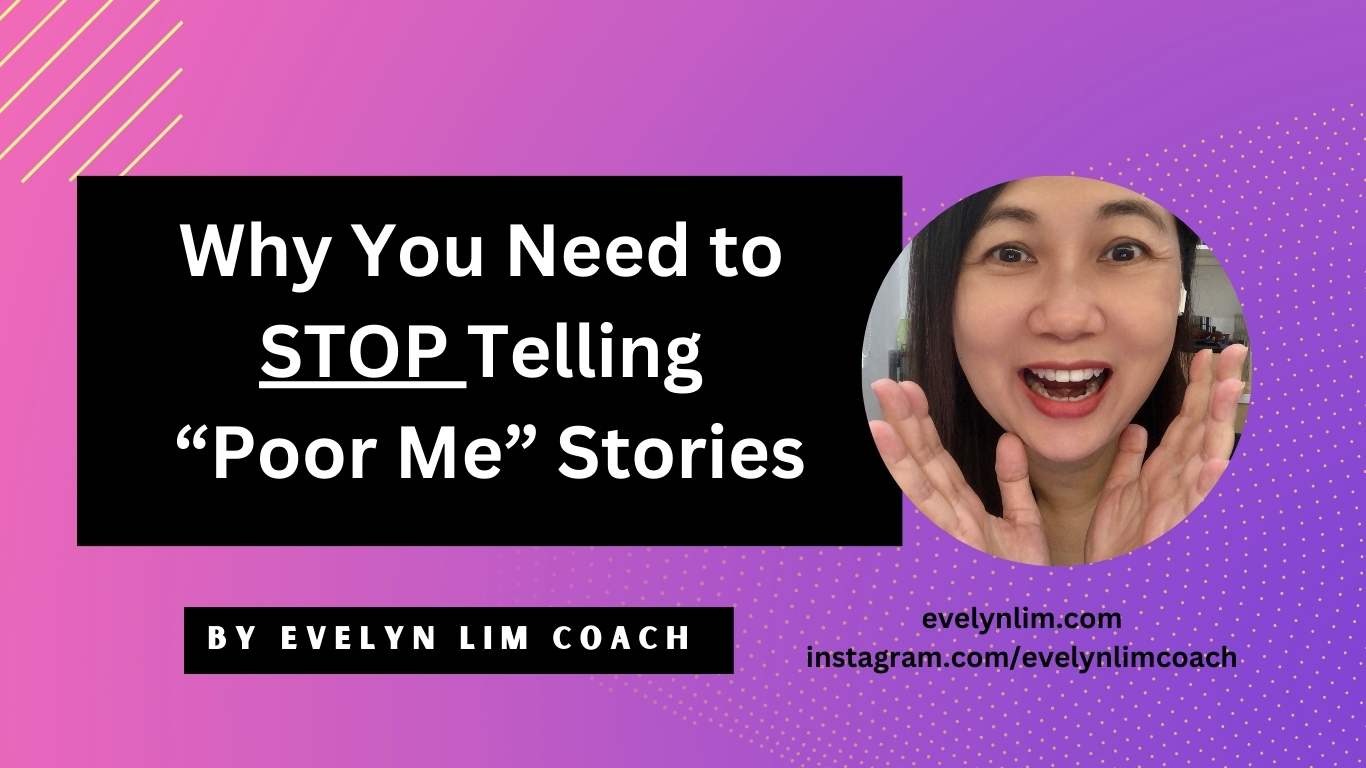
For your awareness, to constantly think “poor me” is to operate in poverty consciousness.
Do you go over “poor me”, “poor me” and “poor me” in your mind?
You could also be repeating the same thing to the people that you meet too.
“Poor me” is akin to having a victim mentality. You are in self-pity. A “poor me” syndrome arises especially when you are constantly pointing blame outwards. It could be the fault of your grandmother, father, the government, the economy and so on. It is always the fault of someone or something else except yours.
[Side-note] This post is updated as the content is still relevant today.
Continue reading

We may have come across the idea about harnessing the power of the mind. Yet, not many of us utilise it fully for manifesting what we want. More often than not, we use the mind for cognitive tasks like problem-solving and decision-making, relegating its extraordinary potential to the background.
It’s important to recognise that we are constantly in the process of manifesting. Our thoughts play a significant role in shaping the world we live in. If we focus our mind on negative thoughts, it is more likely that we bring about a negative outcome. On the contrary, if we think more positively about ourselves, our life and about the world, we are more likely to manifest a positive set of results.
Continue reading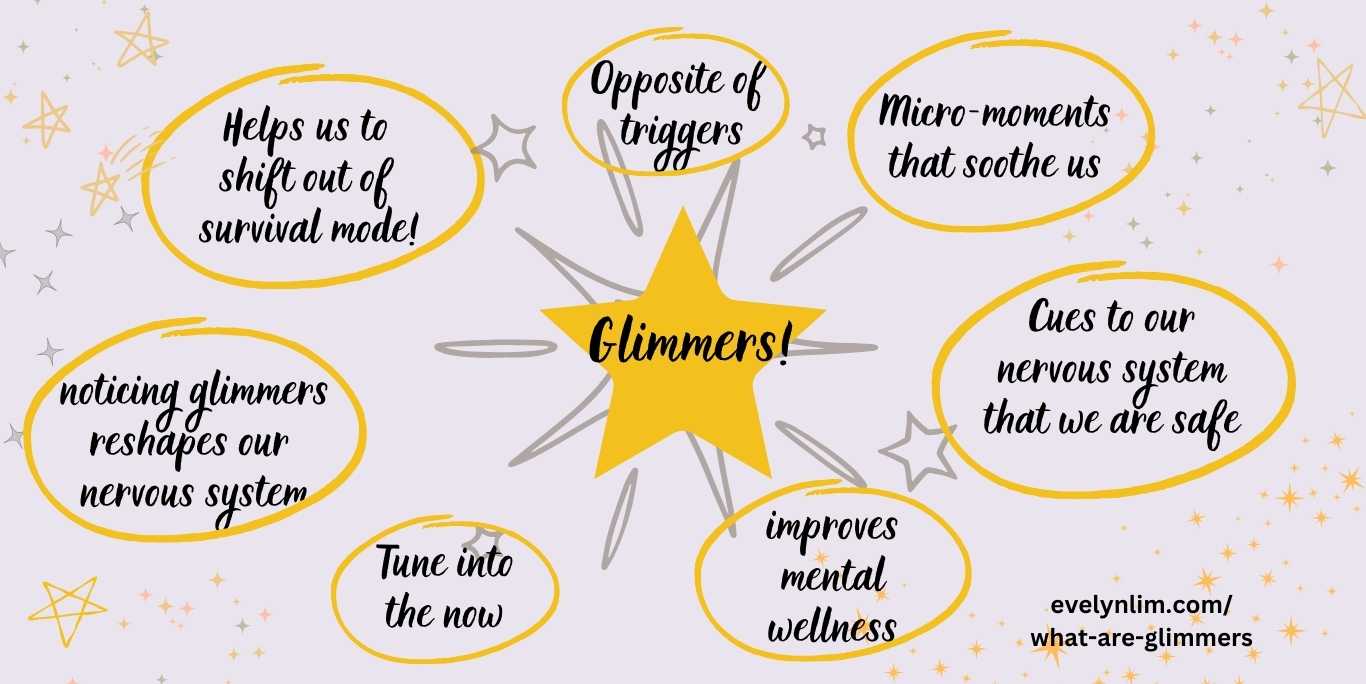
Glimmers are the opposite of triggers.
Glimmers are moments that act as cues for self-regulation and for soothing our nervous system. They are tiny moments where we feel relaxed, safe, assured and connected. In contrast triggers cause us to feel threatened. When we are triggered badly, our fight-flight-freeze response can get excessively activated and our nervous system becomes deregulated.
The concept of glimmers first came from Polyvagal theory. The theory was introduced by Stephen Porges in 1995 where we learn about how our autonomic nervous system is constantly on the lookout for cues to determine if they are dangerous. “Glimmers” is coined by Deb Dana, a licensed clinical social worker who specialises in complex trauma and also the author of The Polyvagal Therory in Therapy, as a way to help us shift out of survival mode.
Continue reading

If you are in the habit of shaming your own body, stop.
Shaming your own body because of your physical imperfections can cause you to feel lousy about yourself.
Perhaps you don’t like the way your nose looks, the slant of your eyes, the shape of your face, your freckles, boob size, etc…and the list goes on.
While it may be true that they are not perfect according to some beauty standards, shaming yourself over them is not going to be helpful for your confidence. Continue reading